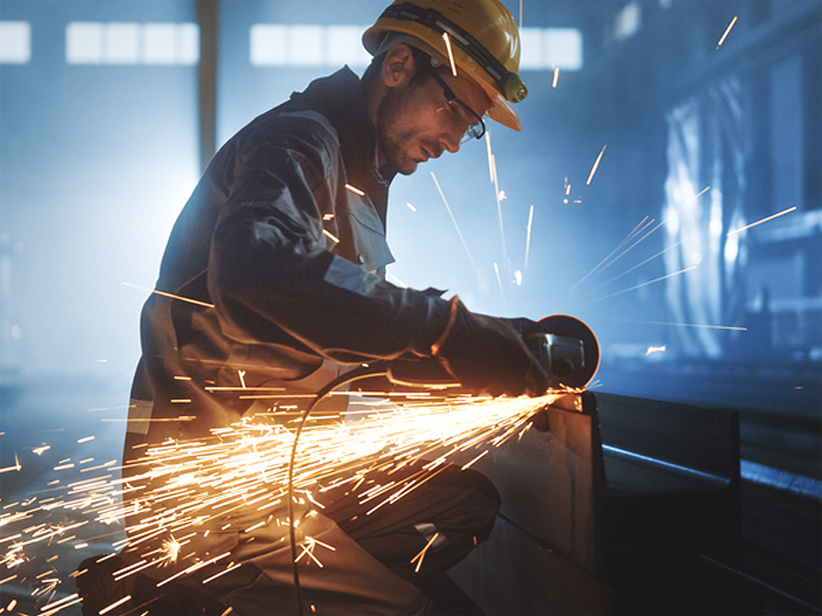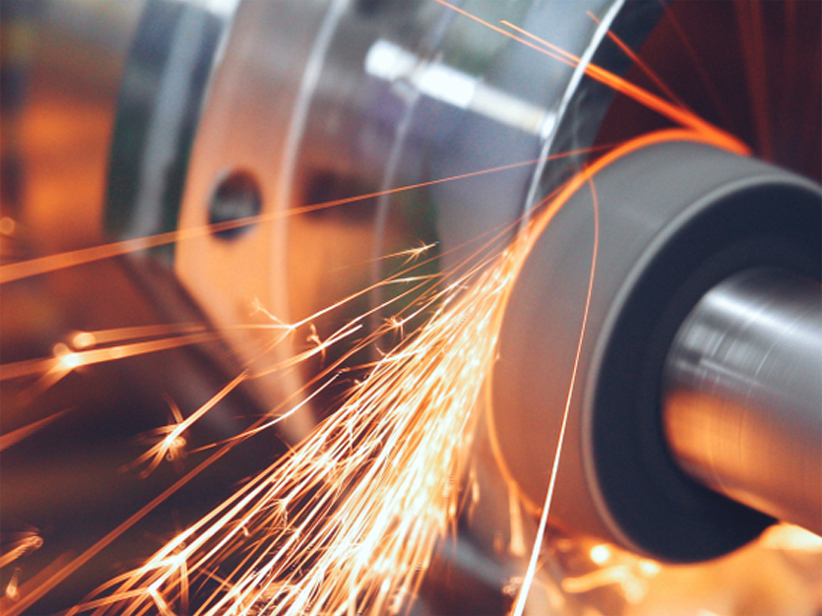Description
Stainless Steel Grade 430Ti (DIN 1.4510) is a stabilized ferritic stainless steel that offers excellent corrosion resistance and improved weldability compared to standard 430 stainless steel. The addition of titanium in 430Ti serves as a stabilizing element, which prevents the formation of chromium carbides, thereby enhancing its resistance to intergranular corrosion. This grade is particularly suitable for applications that require good formability, high-temperature oxidation resistance, and moderate strength.
Chemical Composition
The typical chemical composition of 430LNbTi includes:
Carbon (C): ≤ 0.08%
Chromium (Cr): 16.0 - 18.0%
Manganese (Mn): ≤ 0.70%
Silicon (Si): ≤ 0.80%
Sulfur (S): ≤ 0.015%
Nickel (Ni): ≤ 0.5%
Phosphorus (P): ≤ 0.040%
Titanium (Ti): : 5x(C + N) min. – 0.75%
Mechanical Properties
Tensile Strength: 430 - 630 MPa
Yield Strength: ≥ 280 MPa
Elongation (in 50 mm): ≥ 18%
Hardness: ≤ 85 HRB (Rockwell Hardness, B Scale)
Thermal & Physical Properties
Density: 7.7 g/cm³
Melting Range: 1425 - 1510°C
Thermal Conductivity: 26.0 W/m•K at 100°C
Coefficient of Thermal Expansion: 10.5 x 10⁻⁶/K from 20°C to 200°C
Specific Heat:460 J/kg•K at 20°C
Electrical Resistivity:600 µΩ•cm at 20°C
Other Designations
UNS: S43036
DIN: 1.4510
EN:X6CrTi17
JS: SUS 430Ti
BS: 430S17
Fabrication and Heat Treatment
Forming: Exhibits good formability and can be easily shaped into complex components. Cold working can increase strength and hardness.
Welding: 430Ti is readily weldable using conventional techniques such as TIG and MIG welding. The addition of titanium prevents weld decay, making it a suitable choice for welded structures.
Annealing: Solution annealing is performed at temperatures between 800 - 850°C followed by air cooling. This treatment relieves stress and enhances ductility.
Machining: Comparable to standard 430 stainless steel, 430Ti is relatively easy to machine. The use of cutting oils is recommended to reduce tool wear.
Applications
This grade is commonly used in:
Automotive: Exhaust systems, trims, and other components exposed to high temperatures.
Architecture: Cladding, roofing, and structural components in corrosive environments.
Food Processing: Equipment that requires corrosion resistance and ease of cleaning.
Chemical Processing: Components exposed to moderately corrosive conditions.
Household Appliances: Interior parts of dishwashers, washing machines, and other appliances.
Supplied Forms
Coils
Wires
Bars
Features
Enhanced Corrosion Resistance: The titanium stabilization provides superior resistance to intergranular corrosion, especially in welded structures.
Good Weldability: Unlike conventional 430 stainless steel, 430Ti resists weld decay, making it suitable for applications where welding is required.
Excellent Formability: Can be easily formed into various shapes, making it versatile for different applications.
High-Temperature Resistance: Maintains strength and oxidation resistance at elevated temperatures, making it ideal for high-temperature applications.
Magnetic Properties: 430Ti is magnetic in both annealed and cold-worked conditions, making it suitable for applications requiring magnetic properties.






